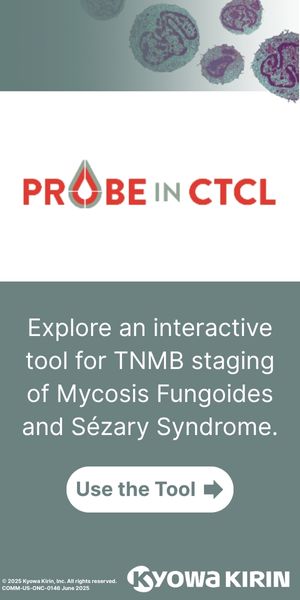Steve Hughes, MD, chief medical officer at Avidity Biosciences, explains the mechanism of action for AOC 1044 as a Duchenne muscular dystrophy (DMD) treatment.
DMD is a rare genetic disorder due to mutations in the Dystrophin gene, which encodes the dystrophin protein. Dystrophin is a vital protein for muscle cell stability. Its absence or dysfunction results in muscle fiber damage and degeneration.
Onset is usually in early childhood, with progressive muscle weakness, difficulty with motor skills, and frequent falls. Proximal muscles of the hips, pelvis, thighs, and shoulders are affected initially, followed by involvement of distal muscles. Respiratory and cardiac complications are major causes of morbidity and mortality.
Numerous mutations along the Dystrophin gene can lead to the disorder. Since the gene is fairly large, exon-skipping therapies are commonly employed to skip over the mutated areas of the gene but still allow for the synthesis of a functioning dystrophin protein.
As noted by Dr. Hughes, AOC 1044 delivers phosphorodiamidate morpholino oligomers (PMOs) to specifically skip exon 44 of the dystrophin gene. AOC 1044 includes a monoclonal antibody that binds to the transferrin receptor 1 (TfR1), thereby targeting muscle tissue.
A Phase 1/2 clinical trial is currently underway. To learn more, go to explore44study.com or clinicaltrials.gov/study/NCT05670730.
To learn more about Duchenne muscular dystrophy and other neuromuscular disorders, visit checkrare.com/diseases/musculoskeletal-diseases/

